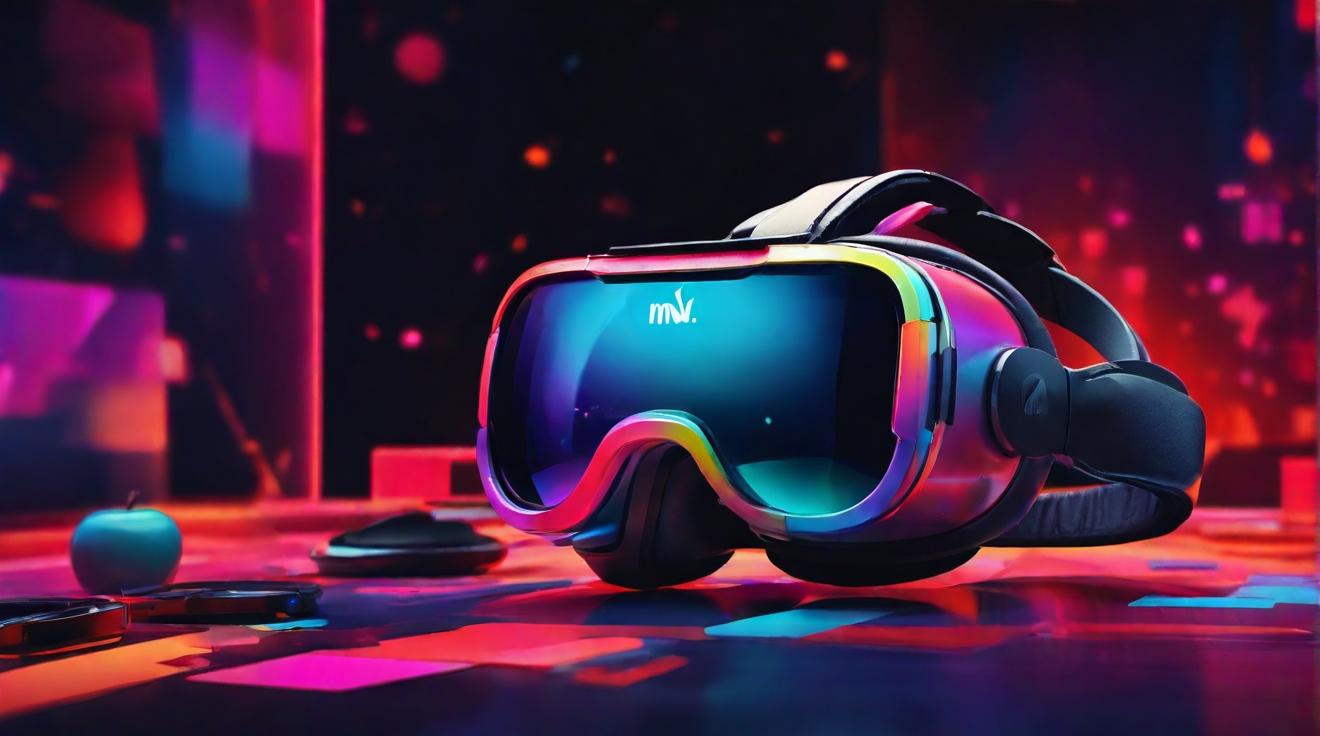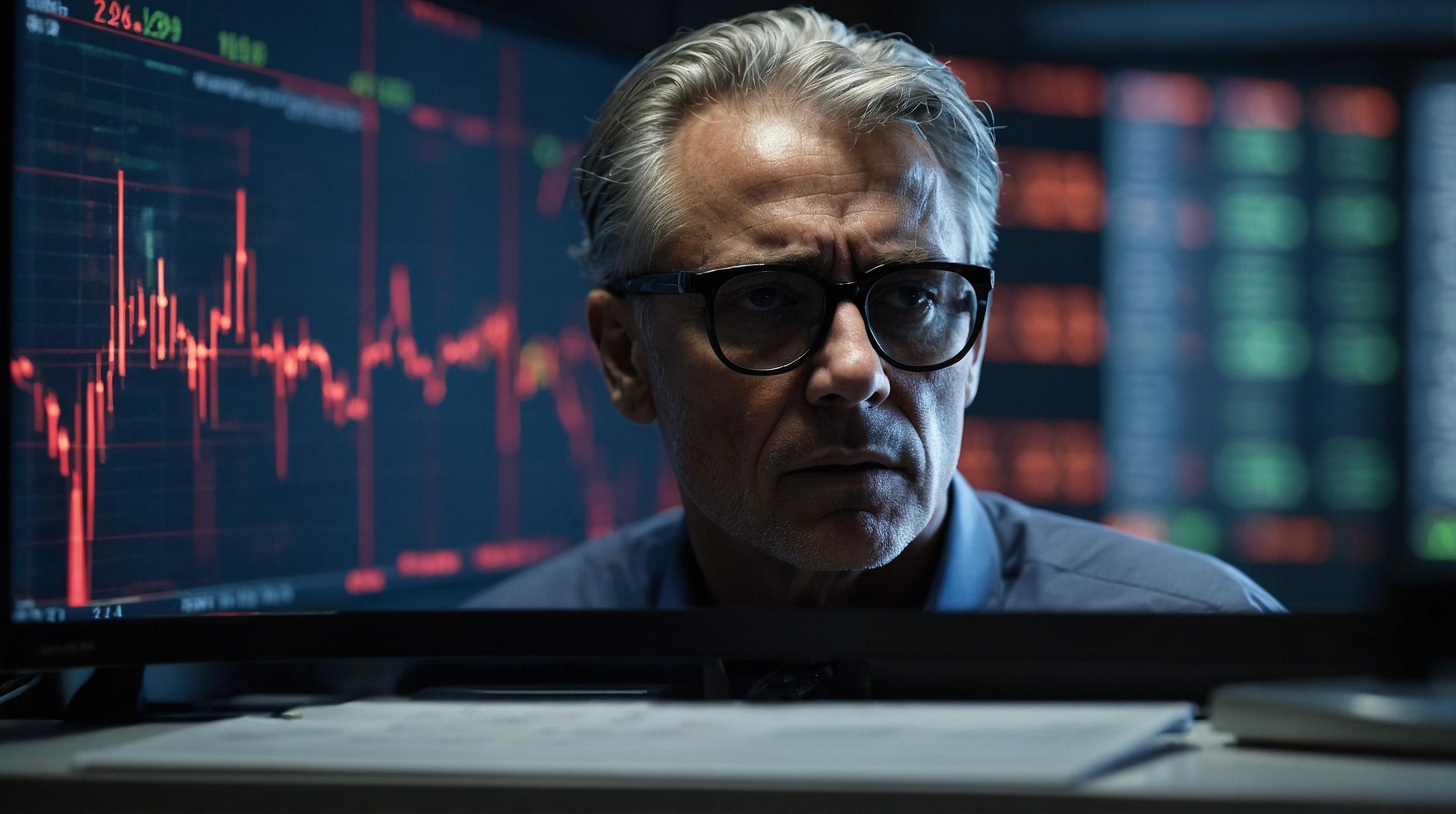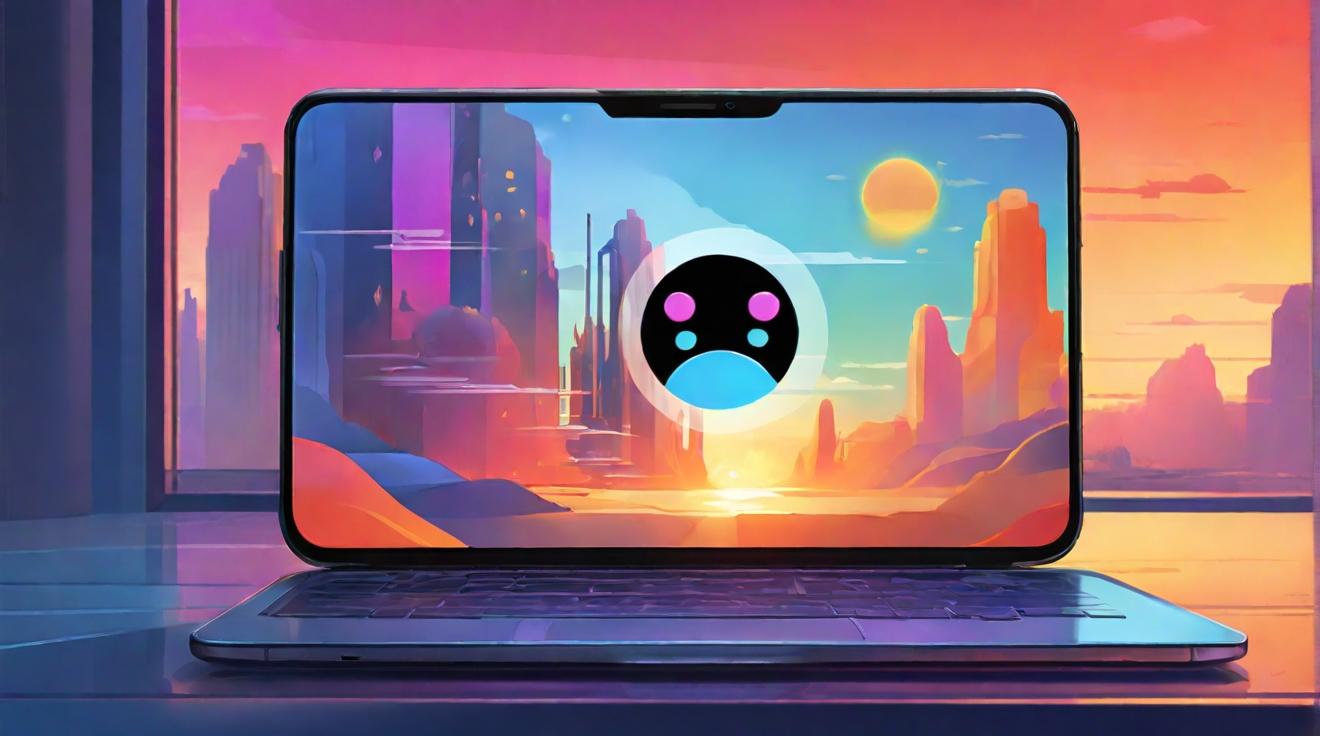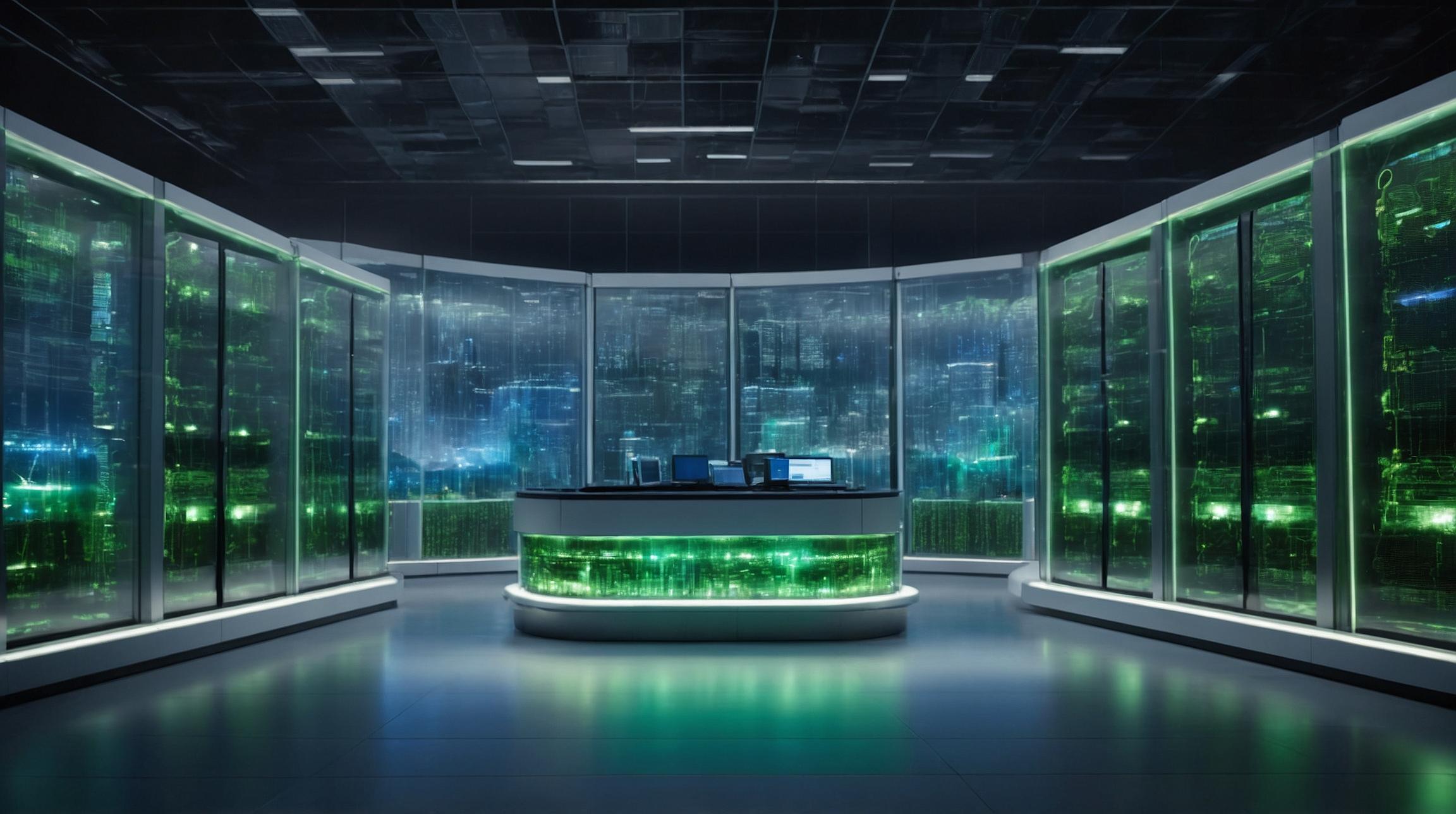R2 Semiconductor Wins Significant Legal Battle Against Intel Over Patent Infringement Issue
California-based technology firm R2 Semiconductor has emerged victorious in a major legal battle against Intel Corp. The Düsseldorf Regional Court in Germany has ruled that Intel’s server chip technology violates R2’s European patent pertaining to integrated voltage regulation.
As a result of the ruling, an injunction has been issued by the court, prohibiting Intel, as well as its customers Dell, HP, and HPE, from selling, importing, or manufacturing the infringing chips within Germany. This development is of particular significance as the disputed technology is integral to Intel’s server business, which was responsible for generating approximately half of the company’s $63.6 billion revenue in 2022. Consequently, the court’s decision has the potential to significantly impact Intel’s operations, especially in light of its plans to invest more than 30 billion euros in a new chip manufacturing site in Magdeburg, Germany.
While Intel has lodged an appeal against the ruling, it is worth noting that German courts typically do not stay injunctions during the appeal process. This implies that the ban is likely to remain in effect until at least 2025. Intel is also challenging the patent’s validity in the German Patent Court, with a final decision expected by the end of this year. However, initial opinions from the court indicate that the patent is deemed valid.
The scope of the injunction is far-reaching, encompassing any Intel chips utilizing similar technology, extending beyond the initial four chip families that were initially discussed. Consequently, Intel and its partners must provide R2 Semiconductor with a comprehensive list of all processors that could potentially infringe on the patent, which could include newer generations such as the 13th and 14th, like the Raptor Lake.
To further emphasize its position, R2 Semiconductor has underscored that it is not a “patent troll” but rather a company actively engaged in the development of its technology and collaboration with leading tech companies. The origins of the dispute between R2 and Intel can be traced back to 2015 when negotiations for an investment by Intel in R2 were abruptly terminated by the tech giant.
Analyst comment
This news can be considered negative for Intel. The court ruling and injunction will prohibit Intel and its customers from selling, importing, or manufacturing infringing chips in Germany, impacting its server business, a significant revenue generator. The ban is likely to remain until at least 2025, and initial opinions suggest the patent is valid. Intel’s appeal and challenge in the German Patent Court are pending, but this development has the potential to significantly impact their operations and investments in Germany.













